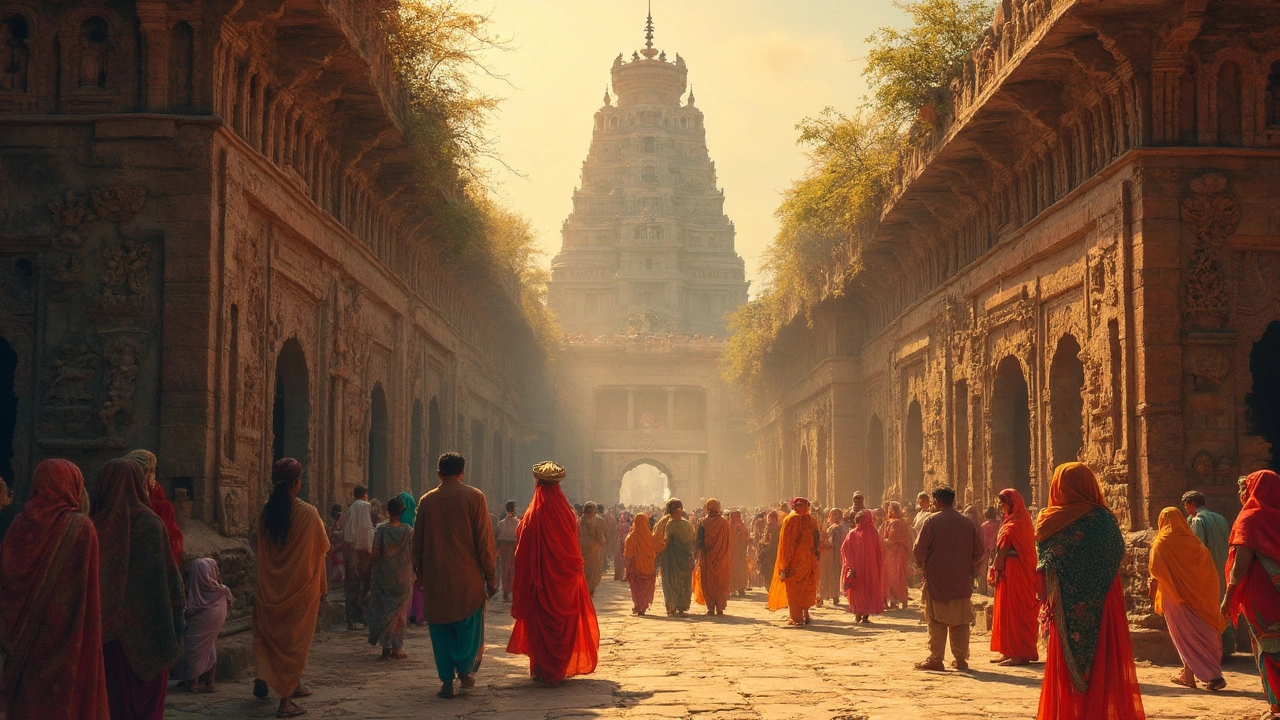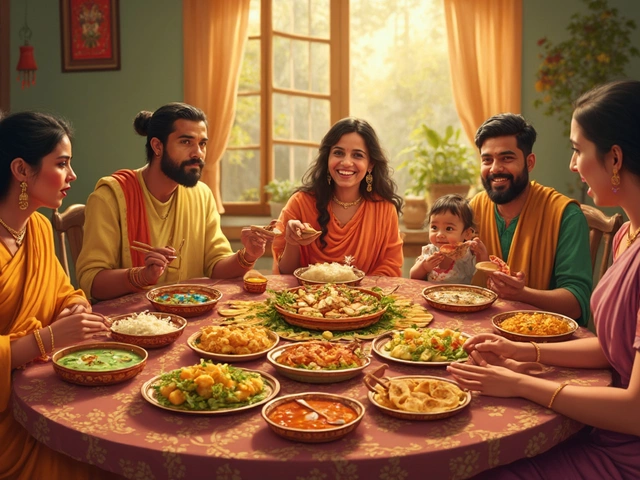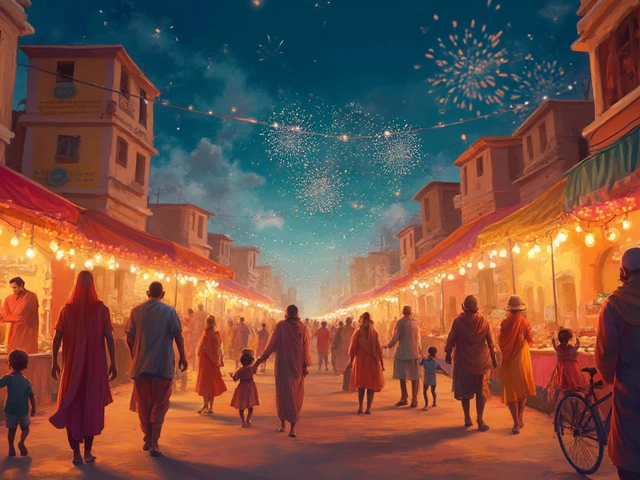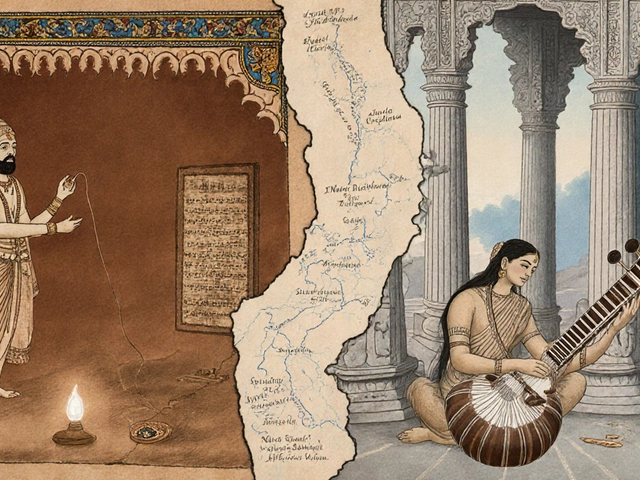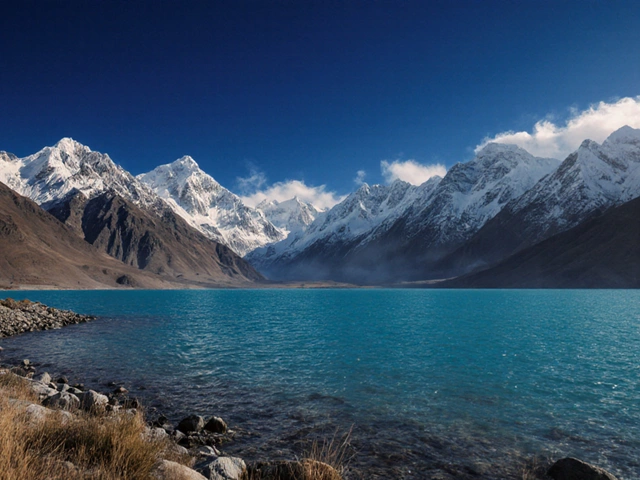Indian Traditions: Discover the Living Customs That Shape Daily Life
When you think of Indian traditions, the enduring customs, rituals, and practices passed down through generations across India's diverse communities. Also known as Indian cultural practices, these traditions aren't relics—they're alive in every morning prayer, every festival dance, every meal shared with family. They don’t live in museums. They live in the way your aunt folds a banana leaf for lunch, in the way a grandmother hums a lullaby in a language you barely understand, in the way strangers offer you chai without asking if you’re thirsty.
These traditions connect to deeper threads like Indian festivals, seasonal celebrations rooted in agriculture, religion, and community bonding. Also known as regional Indian celebrations, they include everything from Diwali’s lights to Onam’s feasts, each carrying stories older than most modern nations. Then there’s Indian art, the visual language of devotion, identity, and storytelling. Also known as folk and classical Indian crafts, it shows up in Pithora murals in Gujarat, temple carvings in Tamil Nadu, and the intricate patterns on a Banarasi sari. And you can’t ignore Indian dress code, the unwritten rules about what to wear—and what not to wear—in different regions and settings. Also known as regional modesty norms, it’s not about restriction—it’s about respect, climate, and belonging. These aren’t separate topics. They’re parts of the same system. A festival shapes what people wear. A dance form carries a religious story. A food ritual ties to a harvest cycle.
What you’ll find here isn’t a textbook list. It’s a real look at how these traditions function today—how a young woman in Mumbai decides whether to wear jeans to her cousin’s wedding, why a farmer in Odisha still paints his walls with Pithora art, how a child in Kerala learns to clap rhythms before they learn to read. These are the traditions that don’t get written about in guidebooks, but they’re the ones that matter most.
Some of these customs are fading. Others are being reinvented. But they’re still here—because they answer a deep human need: to belong, to remember, to honor. What you’ll read below isn’t just about what Indians do. It’s about why they keep doing it—and how you can understand it, even if you’ve never stepped foot in India.
